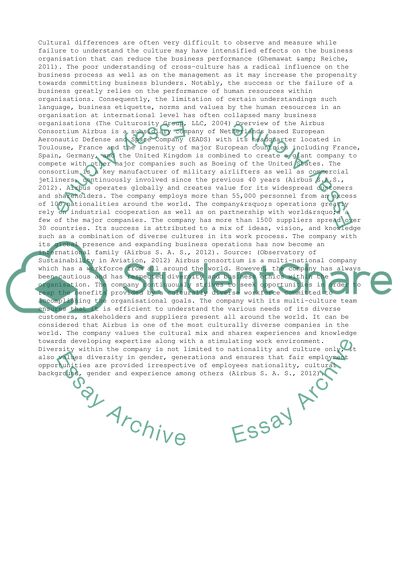Cite this document
(“Cross-Cultural Management Essay Example | Topics and Well Written Essays - 2500 words - 1”, n.d.)
Retrieved from https://studentshare.org/business/1402197-cross-cultural-management
Retrieved from https://studentshare.org/business/1402197-cross-cultural-management
(Cross-Cultural Management Essay Example | Topics and Well Written Essays - 2500 Words - 1)
https://studentshare.org/business/1402197-cross-cultural-management.
https://studentshare.org/business/1402197-cross-cultural-management.
“Cross-Cultural Management Essay Example | Topics and Well Written Essays - 2500 Words - 1”, n.d. https://studentshare.org/business/1402197-cross-cultural-management.


